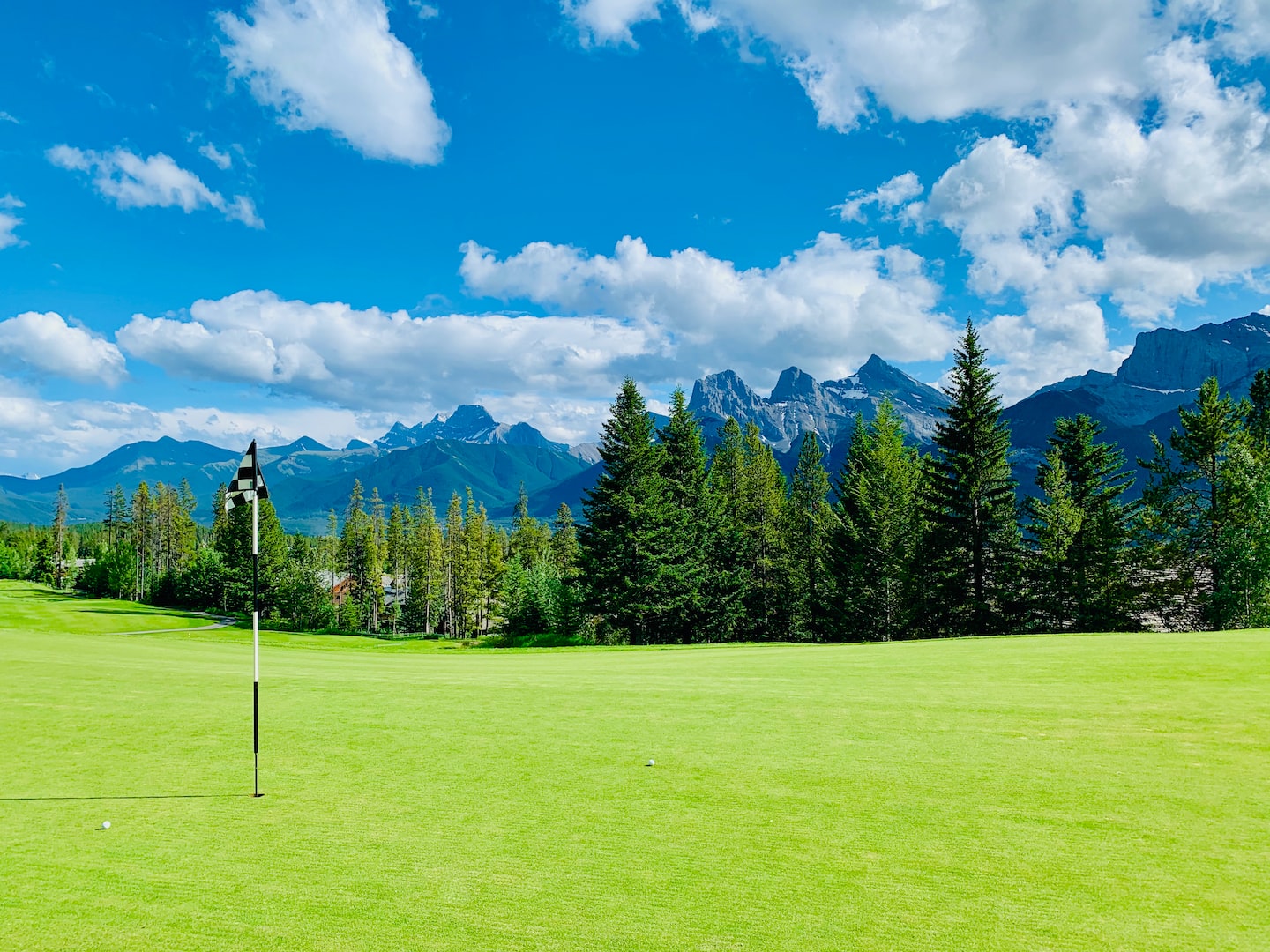
Golf Course
Design a golf course follows certain principals, for instance; the numbers of holes 9, 19 or 27 are common, par value of each course, distance of tee and green and these days front nine hole and back nine hole designed fairways are most adopting concept, it’s consisting a separate loop beginning and complete the game at the club building. Tee to hole distance are typically as follow: par 3 in 250 yard and bellow, par 4 in 450 yard and bellow, par 5, in 690 yard and bellow and par 6, in 691 and more.
Process
How we proceed

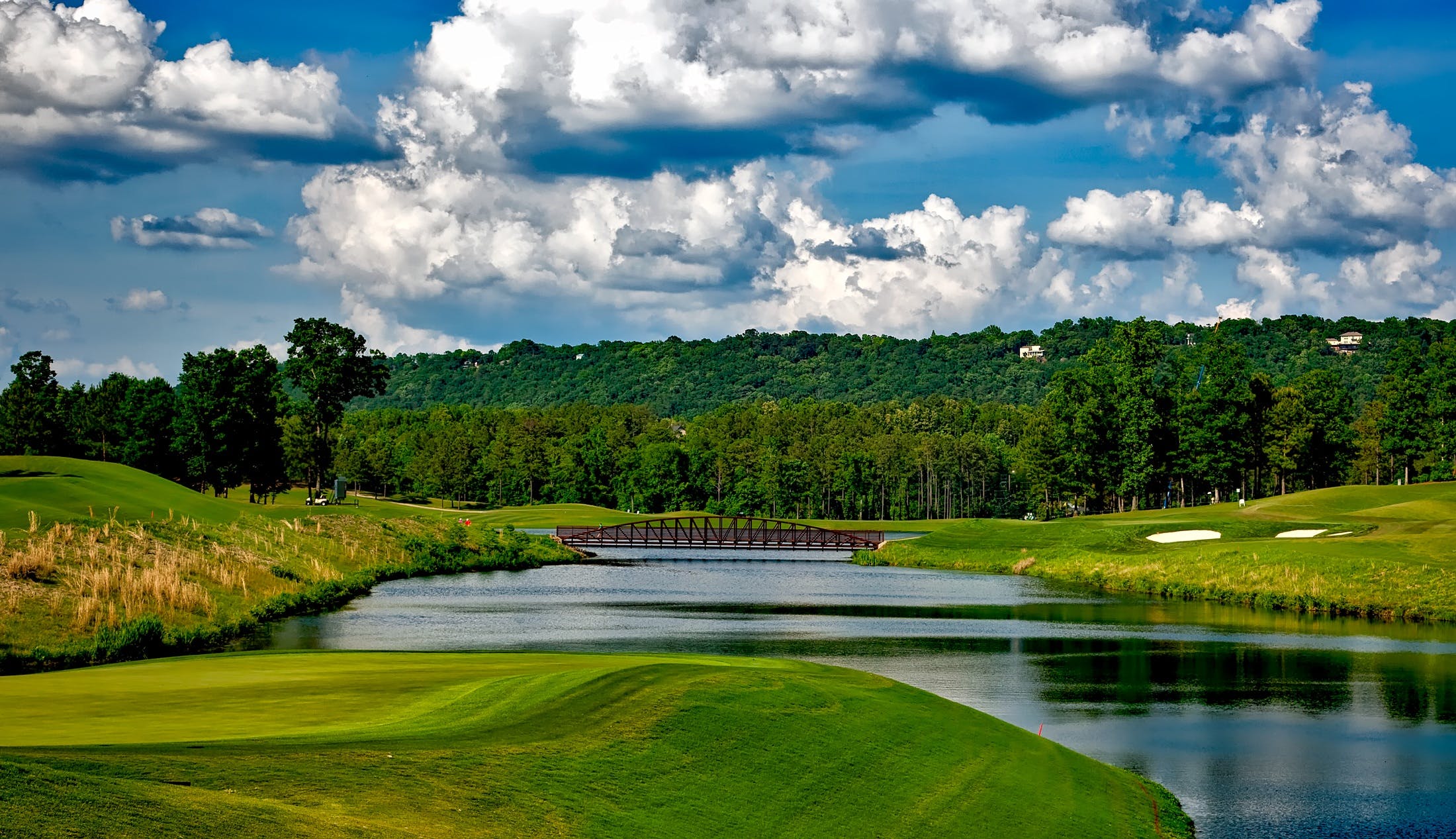
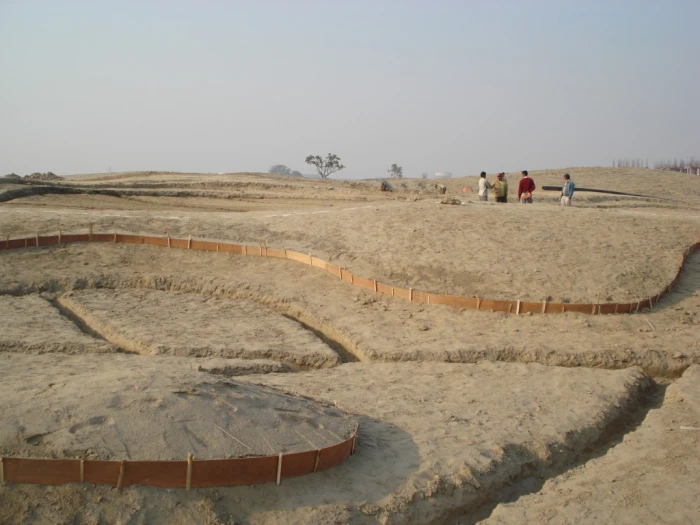
Golf Course Construction
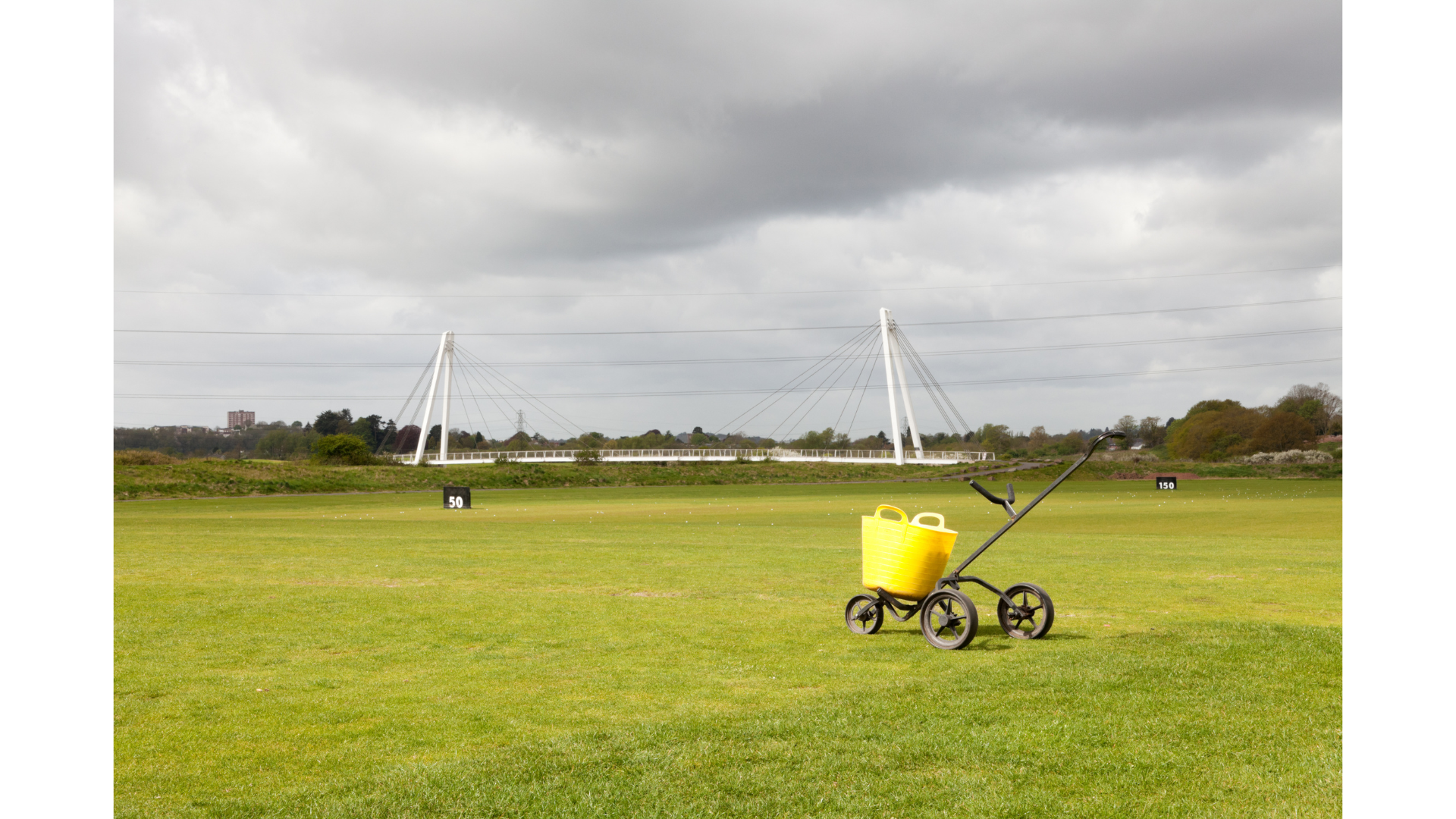
Green construction
Dig the green area to a depth of 300mm (1'0"). Install a drainage system, wrapping it with geo-textile, and fill with specified gravels. Place geo-textile and fill with sand up to 75mm. Fill the soil mix (green mix) according to specifications (refer to full details) and compact through rolling and watering to maintain the bulk density of the soil profile. Seed the greens with specified grass sprigs (such as tifdwarf, tifeagle, tifway 419, etc.) and water until the greens turf is established.
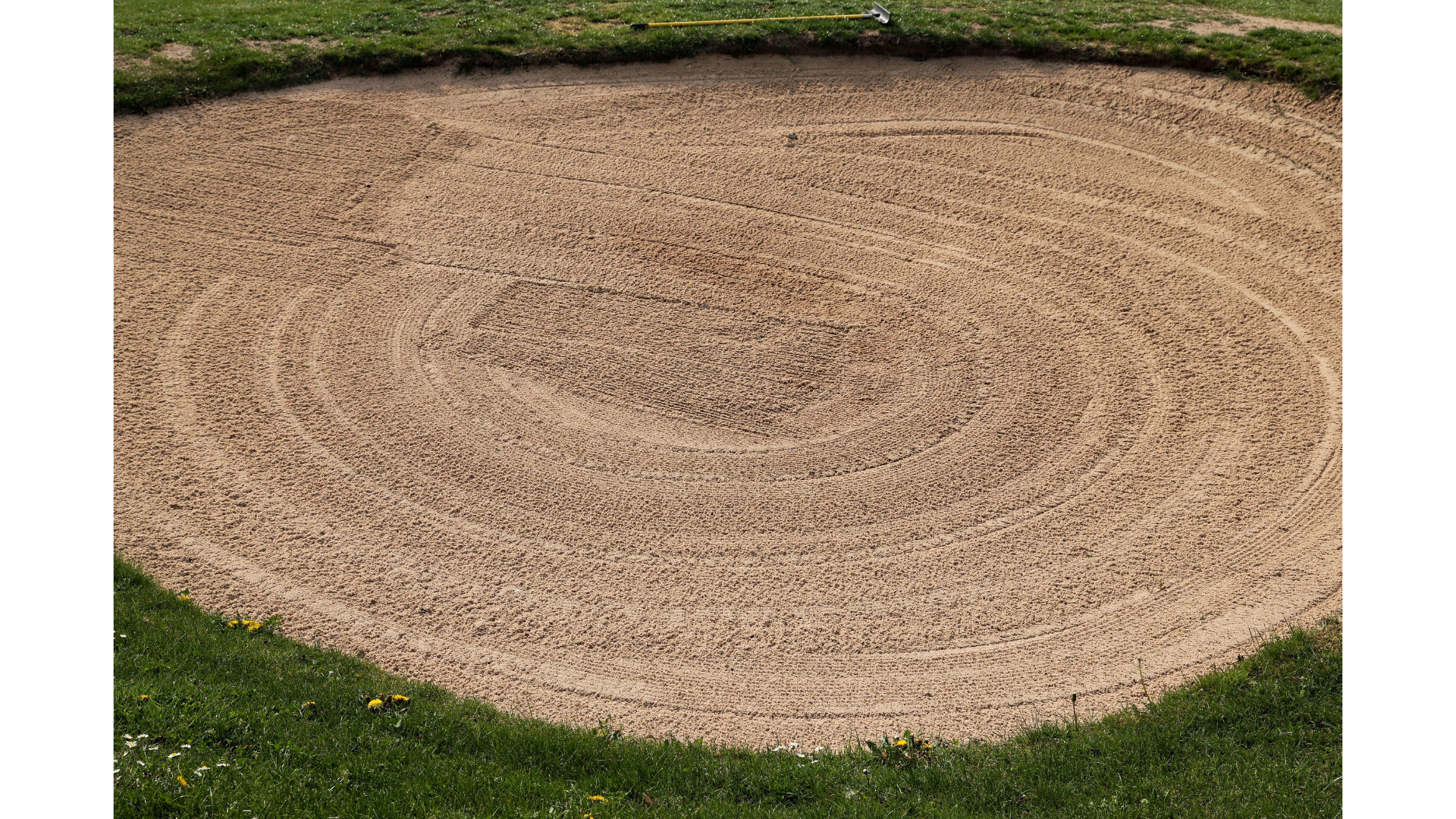
Bunker construction
Follow the excavation plan and use edging wood or plastic strips to stack the side soil. Install a drainage system, connecting it to the main line or catch basin. Fill with gravels and lay geo-textile, securing it with pins, and fill with white marble granular sand.
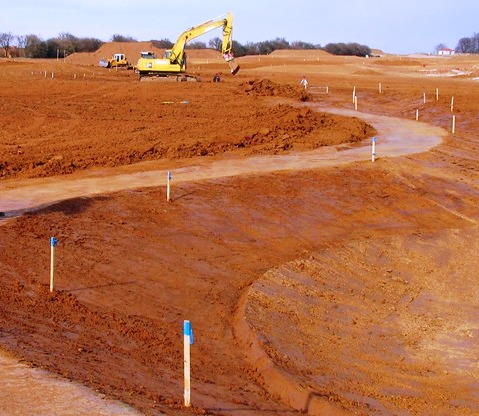
Fairways
Shape fairways and landscape mounds according to the grading plan. Roll and water until maintaining a bulk density of up to 1.3 meq. Establish the soil profile based on specified physical and chemical characteristics for grassing. Mix manure, fertilizers, and micro-nutrients according to soil analysis recommendations. Apply sods for grassing on the edges of bunkers, lakes, tees, mounds, and slopes. Seed with sprigs of specified turf grass (such as Evergreen, Seashore paspalum, etc.). Irrigate until the turf grass is established.

Lake & cart path construction
Grade and shape the edges with stone cladding following the excavation of the lake area. Compact the soil through ramming and watering using a power roller in layers to ensure soil consolidation. Place geo-textile at the base of the lake. Install a lake liner using an HDPE membrane with a thickness of 1000 or 1200 microns. Add pebbles and plant vegetation along the edges of the lake. Incorporate a floating aerator to enhance oxygen levels in the water.
